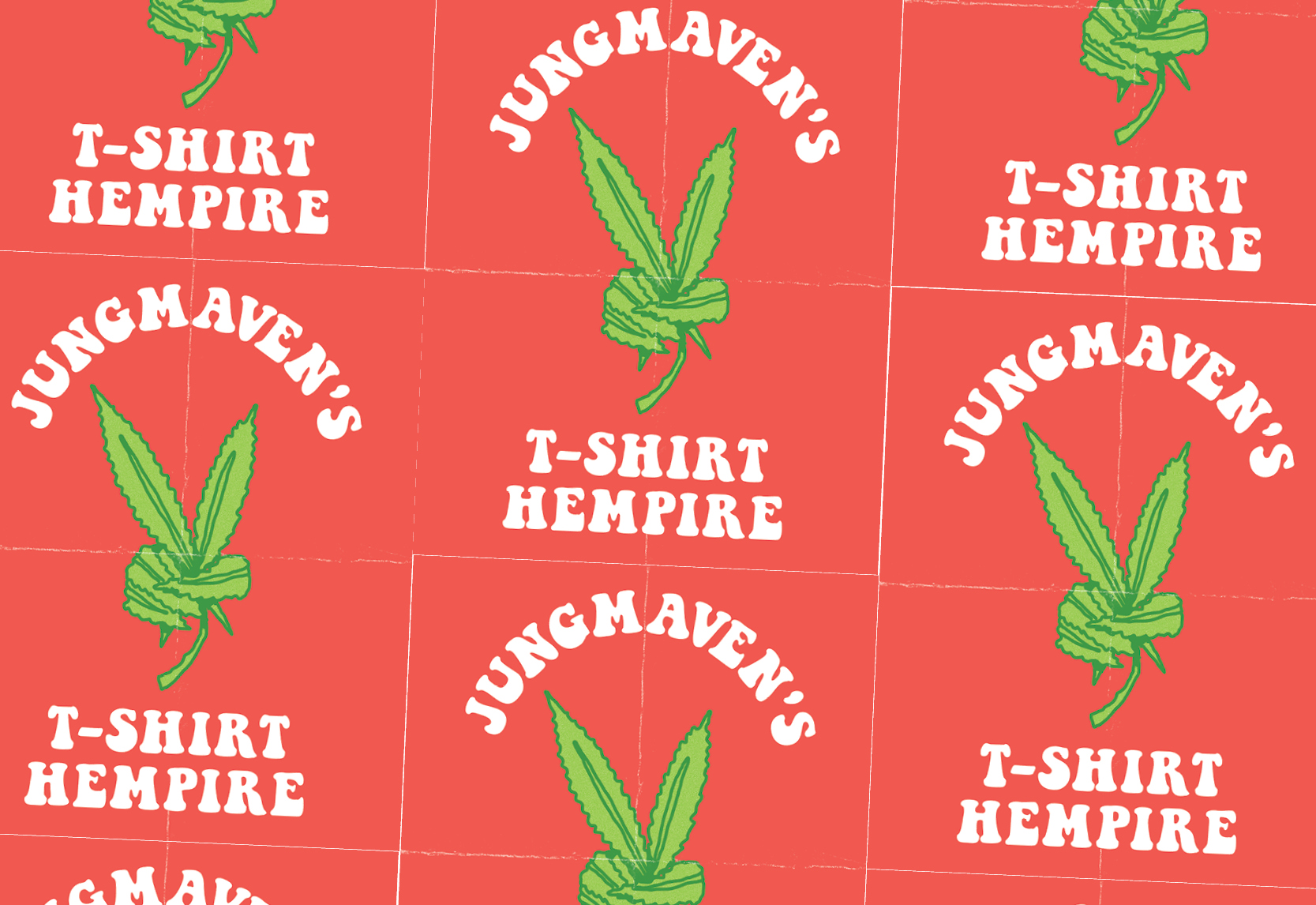Rob Jungmann’s company, Jungmaven, is not your ordinary T-shirt brand. His mission goes much deeper than outfitting the general public in Made in the USA products. Rob, an environmentalist and a leader in the hemp movement since the early ’90s, wants everyone in hemp by 2020. Rob and I live in the same neighborhood in eastern Los Angeles, and instead of bumping into each other while running around the lake, buying cookies at the local grocery store, or listening to a Sunday afternoon country music concert, we made real plans to sit down and talk about the benefits of a very controversial plant.
We asked:
Hemp is one of the most durable natural fibers on Earth, requiring no irrigation, pesticides, synthetic fertilizers or GMO seeds. Where is it legal to grow?
It’s legal to grow just about everywhere in the world, from France to Russia to Thailand. It’s just not legal to grow across the USA.
Cotton uses more insecticides than any other crop. What are some of the reasons we should be investing in industrial hemp instead?
Hemp is an incredible phytoremediation plant, meaning that it helps restore balance and cleans soil, air and water that might be contaminated with hazardous chemicals. In addition, hemp helps sequester excess atmospheric carbon to help reverse climate change and clean the air we breathe. Climate change is one of the greatest challenges the Millennial generation has to work on.
Where do you get your hemp?
We buy all our hemp from a state-of-the-art futuristic-looking facility in China, which appears more like a semiconductor fabrication plant than a mill.
What kind of natural dyes do you use on Jungmaven shirts?
The natural dyes we have worked with include indigo, walnut and cochineal. Sales are not strong with natural dyed pieces due to their higher price tags.
Can you tell us more about your Hemp 2020 initiative?
From our calculations, by working with hemp since 1994, we’ve taken approximately 684 tons of CO2 out of the atmosphere, saved approximately 1 billion gallons of fresh water, and prevented 500,000 pounds of pesticides, insecticides and fertilizer that would have eventually ended up in our food and water supply if our production were 100% cotton. Our “everyone in a hemp tee by 2020 initiative,” Hemp 2020, makes it easy for people to participate in the promotion of legalizing growing hemp and all the benefits that come with it.
This article was originally published in RANGE Magazine Issue Seven.
